10 worst Oscar winners ever, ranked
When a film is named the Best Picture of the year at the Oscars, it comes with the expectation that the flick in question is among the all-time greats. For the most part, this has been true. Few people could convincingly argue that movies like Casablanca, On the Waterfront, Lawrence of Arabia, The Godfather, The Godfather Part II, Schindler’s List, and No Country for Old Men failed to live up to that billing.
Regardless, there are a handful of movies that, in hindsight, simply didn’t deserve to go home with cinema’s top prize. And those are the films that we’re putting on blast in our list of the ten worst Oscar winners ever. It’s too soon to say whether the Academy will make the right choice on Sunday, March 10. But for these movies, the verdict is in.
10. Shakespeare In Love (1998)
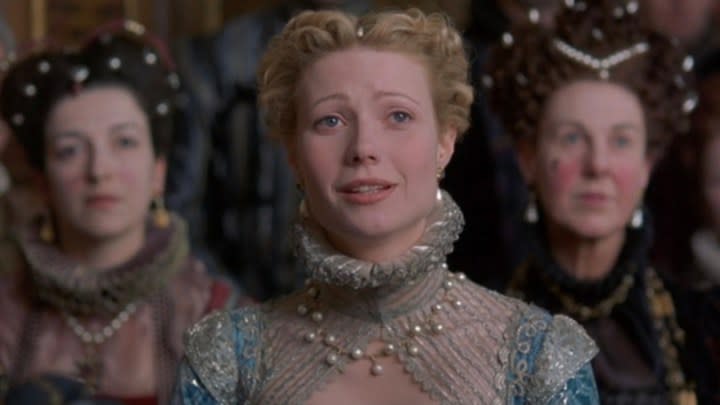
Shakespeare In Love is actually a pretty good romantic comedy that went a long way towards making Gwyneth Paltrow a star. Joseph Fiennes stars as William Shakespeare, and he does indeed fall in love with the fair Viola de Lesseps (Paltrow) in a way that mirrors many of his most famous plays. Judi Dench has a small supporting role as Queen Elizabeth I, which won her an Oscar for Best Supporting Actress.
Shakespeare In Love ended up on this list because it has a bad reputation attached to its Best Picture win. Disgraced film producer Harvey Weinstein pulled out all the stops while running the campaign to give this film the Oscar, which was unusual for the time. Would Shakespeare In Love have won without Weinstein’s politicking? We’ll never know for sure, but we suspect that Steven Spielberg’s Saving Private Ryan would have won under ordinary circumstances. And perhaps it should have.
Watch Shakespeare In Love on Max.
9. How Green Was My Valley (1941)
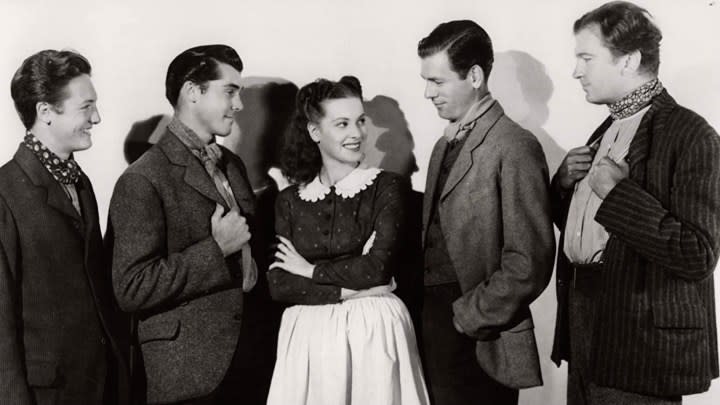
How Green Was My Valley‘s claim to fame is that it triumphed over The Maltese Falcon and Citizen Kane, the latter of which is widely regarded as one of the best movies ever made. On its own terms, How Green Was My Valley is an okay film that gave Planet of the Apes‘ Roddy McDowall one of the primary roles as Huw Morgan, the youngest son of a mining family that faces severe hardships in the 19th century.
This movie was directed by John Ford, the only man ever to win Best Director four times at the Oscars. Ironically, Ford’s The Grapes of Wrath was nominated for the same award a year earlier than How Green Was My Valley, and the former is the film that has withstood the test of time. Compared to that movie, How Green Was My Valley is very forgettable.
Rent or buy How Green Was My Valley on Prime Video.
8. Around the World in 80 Days (1956)
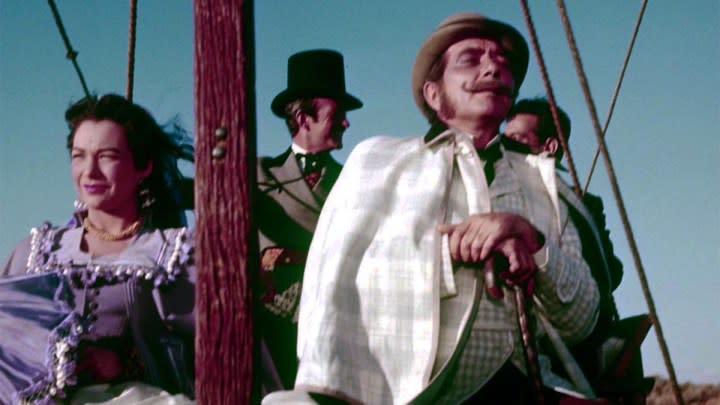
Around the World in 80 Days may be one of the most famous examples of the triumph of spectacle over substance. Director Michael Anderson adapted Jules Verne’s novel of the same name, which follows the adventures of Phileas Fogg (David Niven) as he undertakes a massive bet that he can travel the entire world and return within 80 days to his starting location.
The film itself was actually filmed in 75 days in 13 countries and features over 50 cameos by established stars from the era, including Frank Sinatra, Red Skelton, and Peter Lorre. And while there are certainly worse films than this one, Around the World in 80 Days wilts in comparison to three of the films it beat for Best Picture: The King and I, Giant, and The Ten Commandments.
Rent or buy Around the World in 80 Days on Prime Video.
7. Out of Africa (1985)
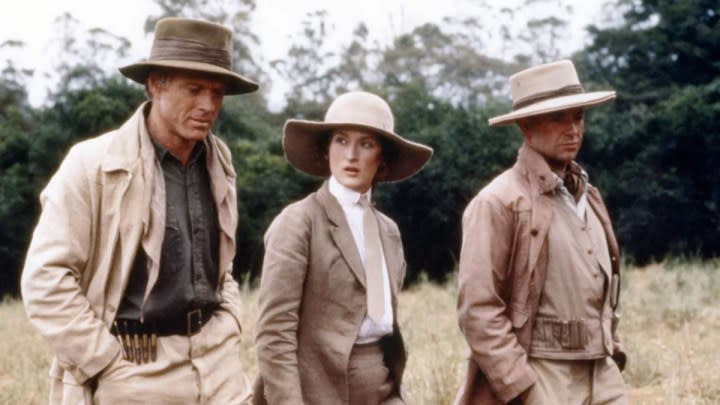
Out of Africa is far from the only Best Picture that seems to drag on and on. But this movie is a slog that could test anyone’s patience. It wasn’t even beloved by critics at the time of its release. However, thanks to Meryl Streep’s performance in the leading role as Karen Blixen, it rallied to win seven Oscars. And yet Streep had to settle for a mere Oscar nomination after losing to Geraldine Page for her role in The Trip to Bountiful.
Although Out of Africa is based on the biography of the real Karen Blixen, some aspects of it are kind of cringy in retrospect, especially when the film presents Karen as a champion for Africans in their own homeland. And the few native African characters in the movie are basically non-entities in the overall story. Robert Redford plays Karen’s primary love interest, Denys Finch Hatton, which probably helped bring in the general audience at the time of its release. However, both Redford and Streep have had much better movies than this one.
Watch Out of Africa on Netflix.
6. The King’s Speech (2010)
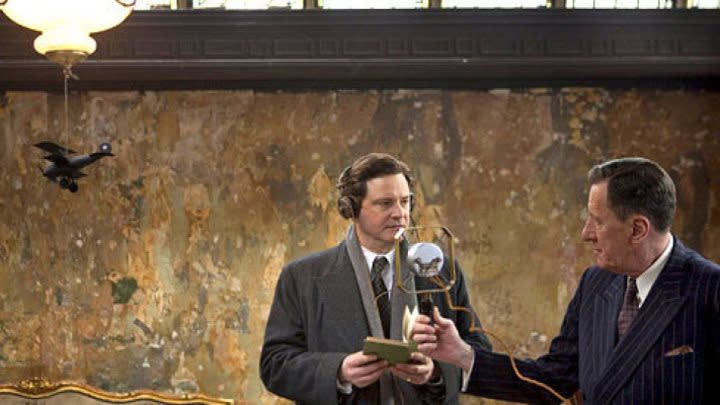
2010 was notably the second time in the modern era of filmmaking that the Academy Awards expanded the Best Picture category to 10 nominees. And this is the film that won?! There’s no sane and rational argument that The King’s Speech is better than David Fincher‘s The Social Network, Black Swan, Inception, Toy Story 3, Winter’s Bone, and the Coen brothers’ remake of True Grit. Many of those films are considered to be among the best movies of the 2010s. The King’s Speech is not.
This is one of those British royal family dramas that the Academy seems to love so much. It’s not a bad movie, and the story of King George VI (Colin Firth) attempting to overcome his stammer even has its emotionally moving moments. There is also great skill on display by the veteran cast, including Geoffrey Rush, Helena Bonham Carter, Guy Pearce, and Derek Jacobi. Regardless, The King’s Speech pales in comparison to its 2010 contemporaries. It simply shouldn’t have won.
Watch The King’s Speech on Max.
5. Forrest Gump (1994)
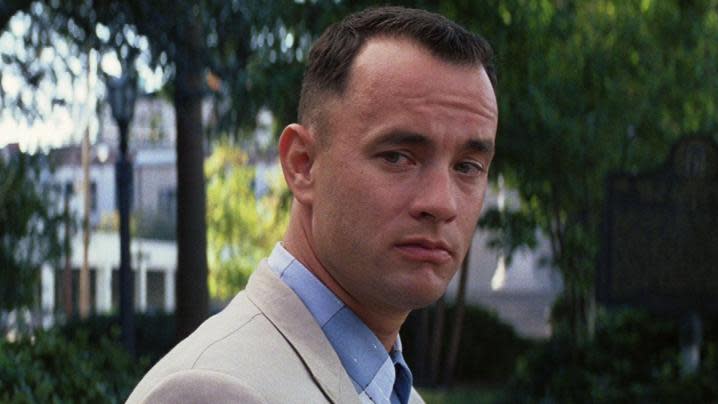
2024 marks the 30th anniversary of Pulp Fiction and The Shawshank Redemption, two of the best movies of the ’90s. And yet both of those films, as well as Quiz Show and Four Weddings and a Funeral, lost to Forrest Gump. At the time, the Academy fully embraced Tom Hanks’ title character and gave Hanks his second Oscar for Best Actor.
Looking back, it’s hard to see what the attraction was to director Robert Zemeckis’ self-indulgent nostalgia porn as CGI trickery inserts Forrest into several of the 20th century’s most memorable moments. Forrest is meant to be a likable yet simple-minded everyman, but Hank’s performance is borderline offensive from a modern perspective. Then there’s the way that the love of Forrest’s life, Jenny (Robin Wright), is subjected to sexual abuse, drug addiction, and a fatal illness. It may not have been intended as misogyny towards Jenny, but that’s how it looks now.
Watch Forrest Gump on Paramount+.
4. A Beautiful Mind (2001)
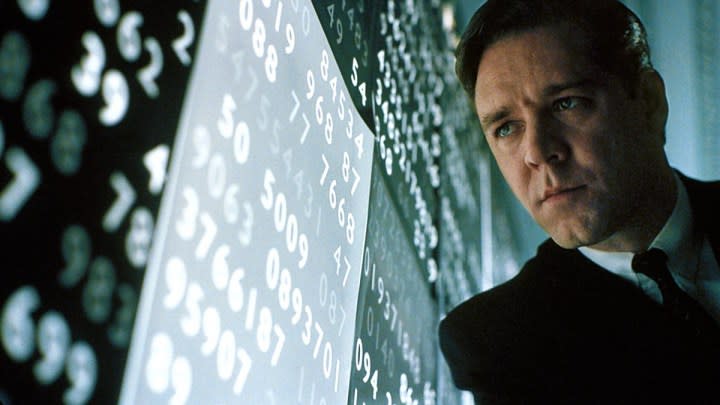
In 2001, the most exciting movies nominated for Best Picture were The Lord of the Rings: The Fellowship of the Ring, followed by Moulin Rouge!, and Gosford Park. Instead of those films, the eventual winner was director Ron Howard’s A Beautiful Mind, loosely based on the real story of John Forbes Nash (Russell Crowe), a brilliant mathematician who suffers from extreme schizophrenia. The film plays up those delusions by making the audience and Nash believe he’s a key figure in a monumental conspiracy.
What you won’t see in the film are the inconvenient things that screenwriter Akiva Goldsman omitted, like the fact that Nash was bisexual or that his wife, Amy Nash, was from El Salvador and not an American like Jennifer Connelly, the actress who portrayed her on the screen. A Beautiful Mind is far from the first film to play fast and loose with the facts of a story, and that’s not why it’s here. The primary reason that A Beautiful Mind was placed on this list is that it was wildly overrated at the time of its release, and it is an ill fit among the rest of the Best Picture winners.
Rent or buy A Beautiful Mind on Prime Video.
3. Driving Miss Daisy (1989)
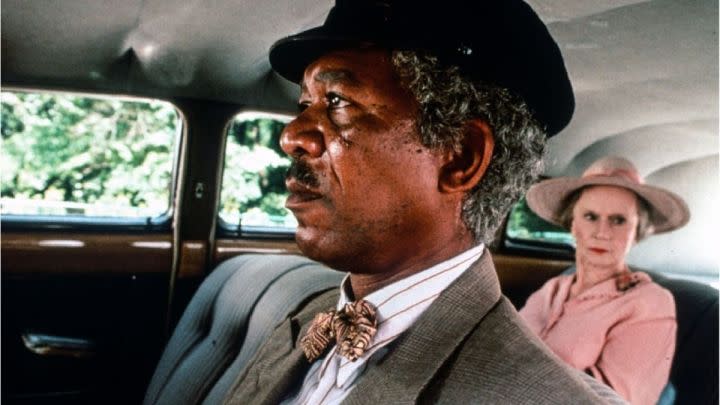
Only two films are more embarrassing Best Picture winners than Driving Miss Daisy. And you’ll read about those two soon enough. This movie starts in the late ’40s, as Hoke Colburn (Morgan Freeman) is hired by Boolie Werthan (Dan Aykroyd) to drive his aging mother, Daisy Werthan (Jessica Tandy). Although Daisy is not openly racist, she doesn’t really acknowledge the racism of the world around her until Hoke helps show her the light. The film tries to portray their connection as a genuine friendship, but the master and servant dynamic makes that impossible. In fact, it’s hard to picture this movie getting made at all in 2024.
However, the biggest crime that Driving Miss Daisy committed is that it beat four superior films — Born on the Fourth of July, Dead Poets Society, Field of Dreams, and My Left Foot — all of which would have been more worthy Oscar winners than this one.
Rent or buy Driving Miss Daisy on Prime Video.
2. Crash (2006)
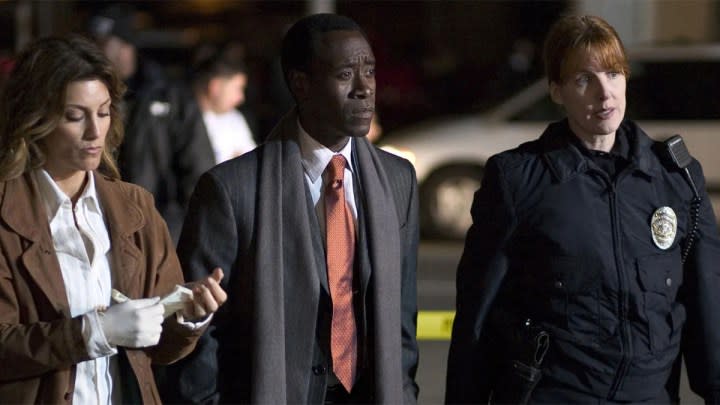
If you’re sensing a trend among the bottom three films on this list, then you’re not wrong. Crash was also conceived as a way to speak about race relations. And while a few of the movies mentioned on this list have some redeeming qualities, Crash is remarkably free of those. It’s a misfire from the word go, and it has the unmitigated gall to depict its most racist character, police officer John Ryan (Matt Dillon), molesting a Black woman, Christine Thayer (Thandiwe Newton), during a traffic stop and then saving her life later in the film. But it’s not a moment of redemption for Ryan, and he displays his bigotry throughout the movie.
There are some theories that the only reason Crash won Best Picture is that the Academy members didn’t want to give that honor to Ang Lee’s gay romantic drama Brokeback Mountain. Crash‘s win was widely seen as an undeserving upset, and the film has been derided by critics ever since.
Watch Crash on The Roku Channel.
1. Green Book (2019)
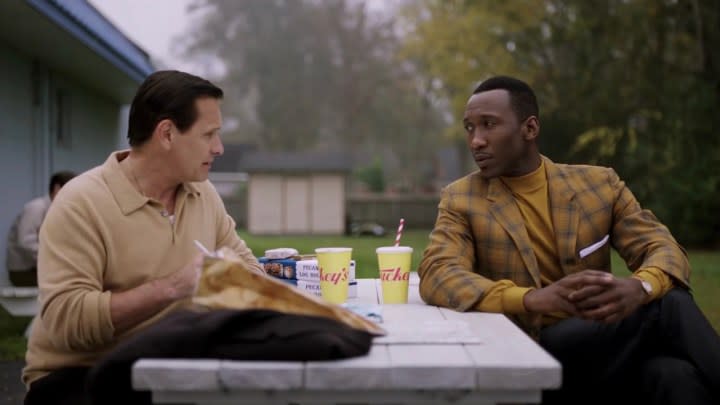
We have to give Green Book credit. It took an exceptionally bad Best Picture winner to unseat Crash from the top of this list. Peter Farrelly is not a director known for his nuance, as exemplified by his previous films, including Dumb and Dumber, Kingpin, Shallow Hal, and There’s Something About Mary. Green Book is Farrelly’s attempt to tell an important dramatic story about the friendship between a white driver, Tony Lip (Viggo Mortensen), and a gay Black musician, Don Shirley (Mahershala Ali), as Tony provides his transport through the South in 1962 at the height of the Jim Crow laws that discriminated against African Americans.
The problem that Farrelly was incapable of dealing with is that the resulting film plays like a redemptive arc for Tony as he overcomes his racism and prejudice thanks to his extended time and friendship with Don. Essentially, Don’s story takes the backseat compared to Tony’s narrative. Since Green Book‘s unexpected Oscar triumph, its name has been used as a shorthand for an undeserving winner. If the history of the Academy Awards has taught us anything, it’s that there are always going to be Oscar winners of dubious quality. Green Book may have the title of the worst Oscar winner for now, but there’s always the possibility that some other film could unseat it in the future.
Rent or buy Green Book on Prime Video.
